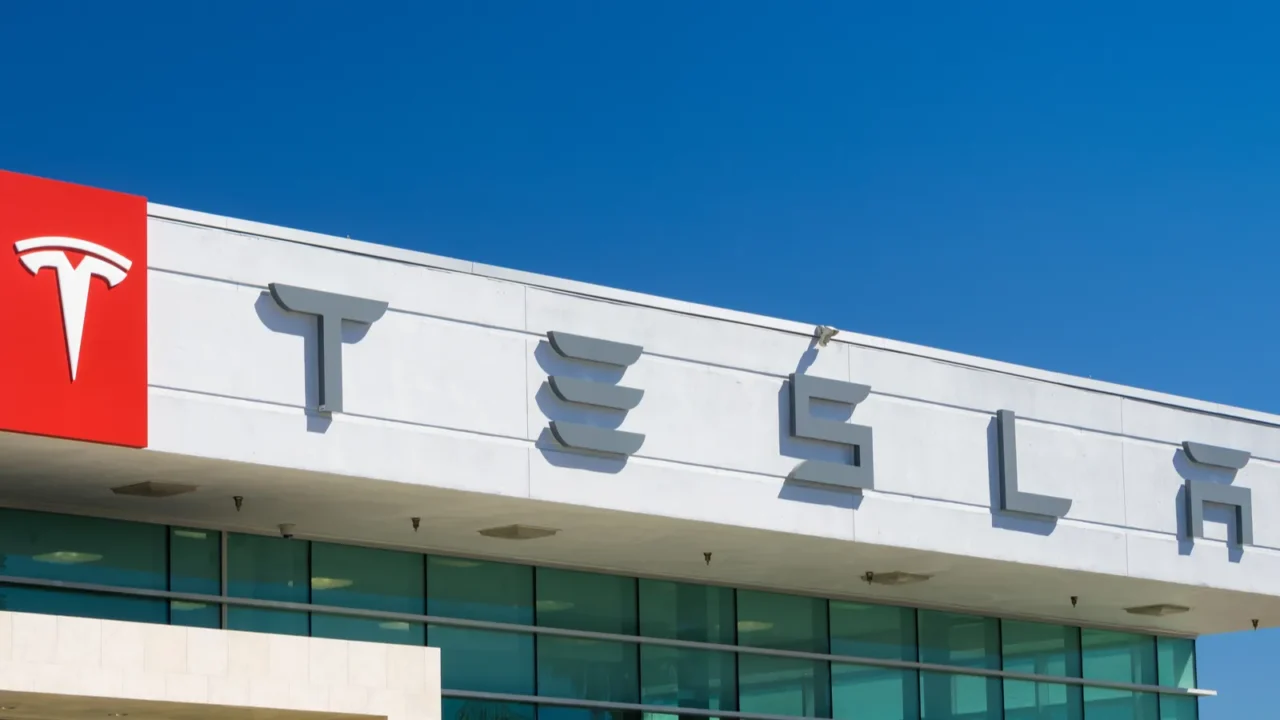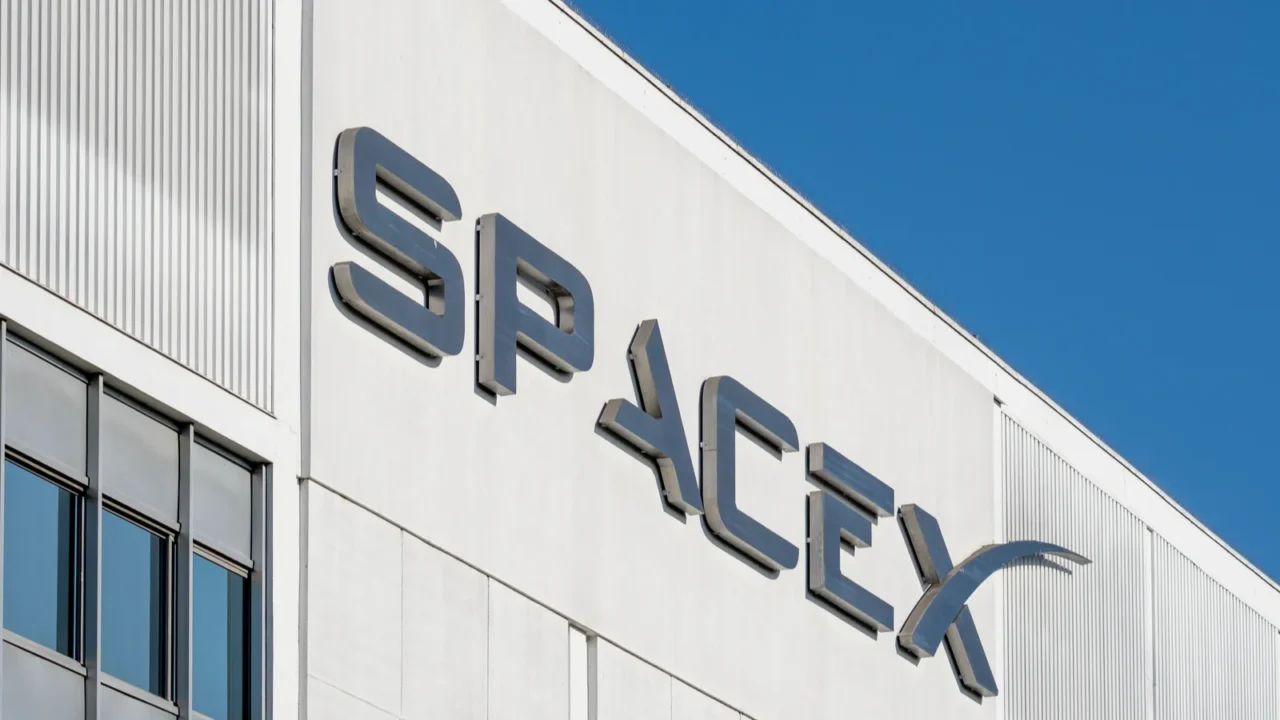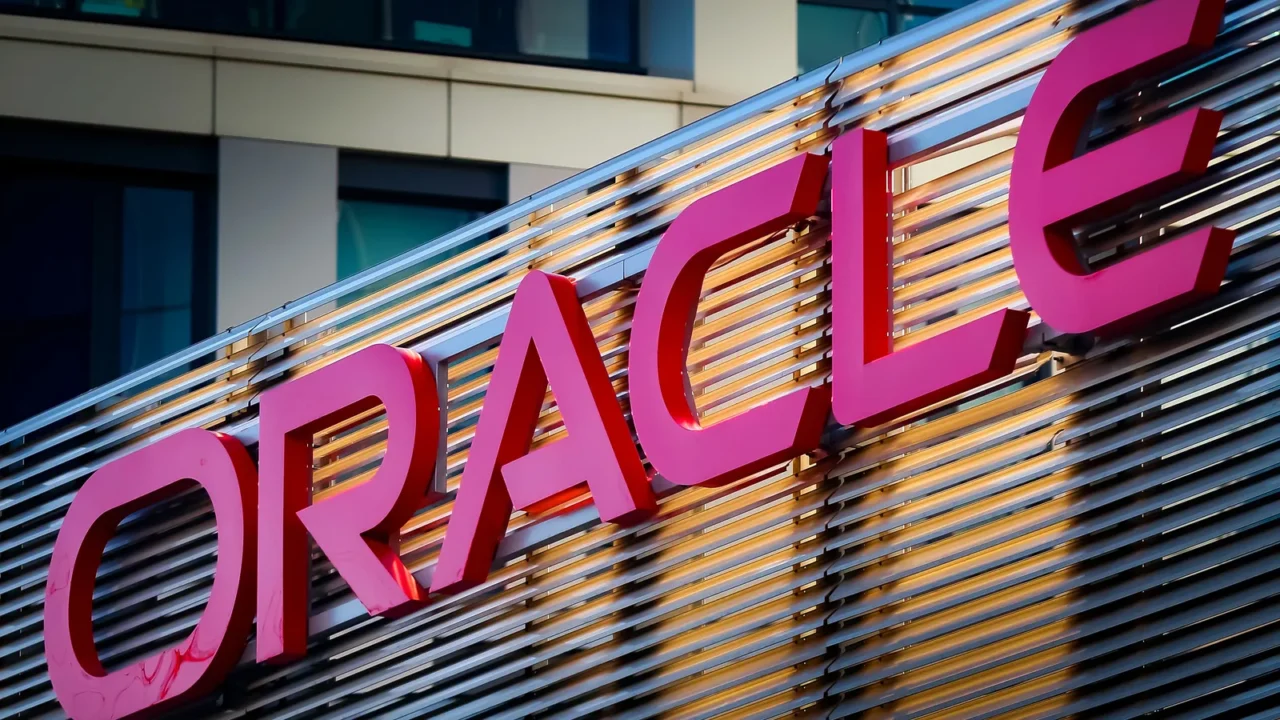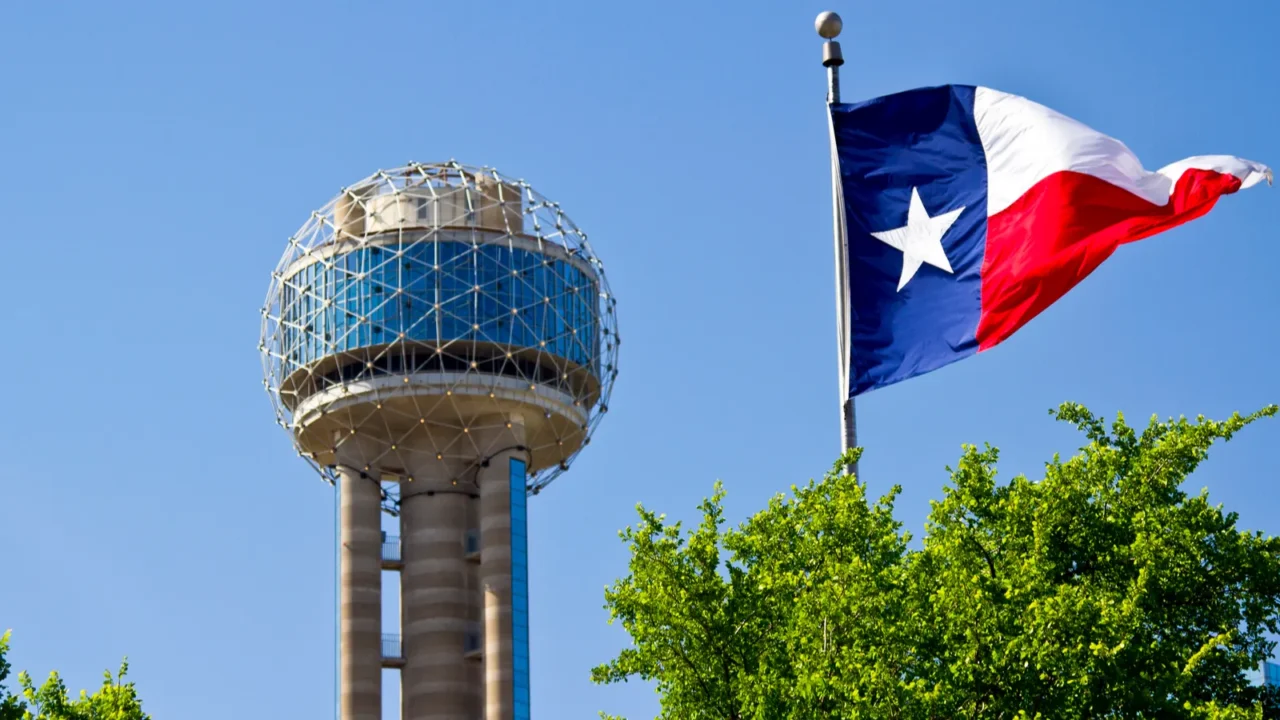
Billions lost, but who’s to blame?
California was once the dream headquarters for global companies, but cracks have started to show.
The government’s approach to taxes, wages, and regulations has made the state too expensive for corporations to thrive. Rising homelessness, high utility costs, and political battles add fuel to the exodus.
For many, the story is simple: when big companies feel strangled by red tape and costs, they leave. Chevron, Tesla, and Oracle are just a few of the giants that chose Texas instead.
The question lingering is whether these departures are the result of mismanagement or inevitable growing pains.

Newsom’s policies spark debate
Governor Gavin Newsom often frames California as a powerhouse, still the world’s fourth-largest economy and a global innovation hub. Supporters see him as tackling huge issues like housing reform, climate action, and healthcare with bold ideas.
But critics say those same policies are pushing companies away. From minimum wage hikes to heavy zoning laws and strict regulations, businesses complain that the burden keeps growing.
Commenters describe a state where “the middle class is leaving, the poor stay, and the rich don’t notice.” To them, Newsom’s leadership is a major factor behind the billions in corporate losses.

McKesson jumps to Texas
McKesson, one of America’s biggest health care distributors, shocked California in 2019 when it moved its headquarters to Las Colinas, Texas. Executives said the decision was all about efficiency, collaboration, and staying competitive in a tough market.
This wasn’t a small change; McKesson had been deeply tied to the Bay Area for years. But the move showed that even long-established firms will leave if the numbers no longer make sense.

Chevron finds a new base
Chevron was practically part of California’s identity, tracing its roots in the state back to the 1870s. Yet by 2024, the oil giant announced it would relocate its main headquarters to Houston, Texas.
The decision marked more than just financial savings; it was symbolic too. Houston is the energy capital of the world, filled with industry partners, pipelines, and skilled workers.

Tesla races to Austin
Tesla was one of the first headline-grabbing companies to leave California, announcing its move to Austin in 2021. Elon Musk explained the Bay Area had simply run out of space to grow, and local restrictions had made expansion frustrating.
In Austin, Tesla found open land and a welcoming climate for big projects. Its Gigafactory is already one of the largest buildings in the world, with plans for even more expansion.

SpaceX blasts off from Texas
Although SpaceX remains headquartered in Hawthorne, California, much of its operations (especially rocket testing and development) have shifted to Texas. Musk cited strict California rules and political battles that clashed with the company’s rapid growth as the reason behind the move.
Texas, on the other hand, provided wide-open land, fewer barriers, and skies that allowed SpaceX to test rockets more freely. The move highlighted how Texas has become the launchpad, not just for rockets, but for ambitious businesses looking to break through limits.

Oracle lands in Austin
In 2020, tech powerhouse Oracle stunned Silicon Valley by announcing it would relocate its headquarters to Austin. Leaders said the shift was about flexibility and making it easier for employees to balance work and personal life.
Even though Oracle still operates large offices in California, the move sent shockwaves across the state. It proved that being “born in Silicon Valley” no longer guaranteed companies would stay there forever.

Charles Schwab finds Westlake
Charles Schwab, the financial services giant, packed up its San Francisco roots in 2021 and resettled in Westlake, Texas. The company said California’s taxes and operating costs made staying too difficult.
Texas offered the company a chance to lower expenses and build in a growing financial district. With Schwab’s massive client base, the move carried weight well beyond its headquarters.

CBRE sets up in Dallas
CBRE, the world’s biggest commercial real estate firm, joined the Texas wave in 2020 by relocating from Los Angeles to Dallas. Executives praised Dallas’s central location, making it easier to serve clients coast to coast.
The decision wasn’t only about logistics. Leaders pointed to Texas’s growing business climate, where regulations were lighter and opportunities were bigger.

AECOM follows the trend
AECOM, a major engineering and consulting company, didn’t stay behind when CBRE left Los Angeles. In 2021, it too moved its headquarters to Dallas. Leaders praised the Texas workforce, calling it a magnet for top talent.
The shift showed how engineering and design firms see Dallas as fertile ground. Texas offered not just lower costs, but also access to a broad range of skilled workers ready to help on global projects.

HPE leaves Silicon Valley
Hewlett-Packard Enterprise made headlines in 2020 when it left Silicon Valley for Spring, Texas, near Houston. Leaders said Houston’s tech scene and growing talent pool made it an attractive destination.
The move didn’t mean abandoning California entirely. HPE kept a major presence in San Jose to stay close to innovation. Still, the headquarters relocation showed a strategic balance, cutting costs by shifting base, while keeping roots in Silicon Valley’s ecosystem.

Palantir prefers Colorado
Not every company followed the Texas trail. In 2020, Palantir announced it would leave Silicon Valley and move its headquarters to Denver, Colorado. CEO Alex Karp said he wanted to escape what he called the “monoculture” of the Bay Area.
Denver provided lower costs, a central U.S. location, and a different kind of business community.

FICO’s Montana move
FICO, the credit scoring company behind the scores used by millions of Americans, quietly moved its headquarters from San Jose to Bozeman, Montana, in 2021. The company didn’t give a detailed explanation, but the reasons weren’t hard to guess.
Instead of paying California’s high prices, the company could thrive in a smaller market, with fewer distractions and more room to concentrate on data-driven services that shape consumer finance nationwide.

Yum! Brands tests dual homes
Yum! Brands, which owns KFC, Taco Bell, and Pizza Hut, didn’t leave California completely but expanded into Texas. The company created dual U.S. headquarters, with one in Irvine, California, and another in Plano, Texas.
That move brought about 100 corporate jobs to Texas, signaling Yum!’s commitment to tapping into the state’s workforce and lower costs. By splitting operations, Yum! showed that companies don’t always have to choose one state over another.

NYSE opens in Dallas
The New York Stock Exchange made a surprising play by moving its Chicago branch to Dallas, renaming it NYSE Texas. For many, the move was another sign that Texas is becoming a serious player in finance.
This wasn’t just symbolic. By relocating part of its operations, the NYSE recognized Dallas as a rising business hub. Texas already had big banks and investment firms arriving, and the stock exchange’s presence only added weight. It’s just another reason why Texas isn’t only attracting companies, it’s shaping culture too. Discover 16 Texas experiences that make you feel like a local.

California’s mounting losses
By 2025, California has lost over $108 billion in income and more than $2.1 billion in tax revenue from residents and companies leaving. Between 2022 and 2023 alone, nearly 700,000 people moved out.
The fallout reaches far beyond big firms. TV production saw a major decline by 2024, due in part to industry strikes and rising costs, impacting local economies. California’s corporate and population exodus is no longer a trend; it’s a major economic drain. Read more in detail about the real reasons businesses are fleeing California (and what it means for you).
Do you think California can turn this around, or is the corporate exodus here to stay? Share your thoughts below.
Read More From This Brand:
- Why American tourists are falling out of love with Las Vegas
- Citizens of more than 70 countries can now visit China without a visa
- The Japanese ryokans and art museums that will make you want to return again and again
Don’t forget to follow us for more exclusive content right here on MSN.
This slideshow was made with AI assistance and human editing.